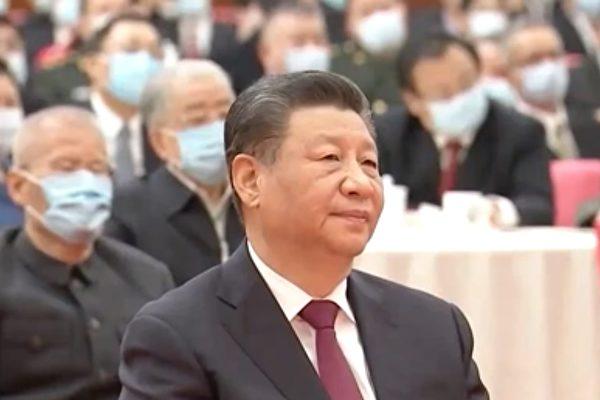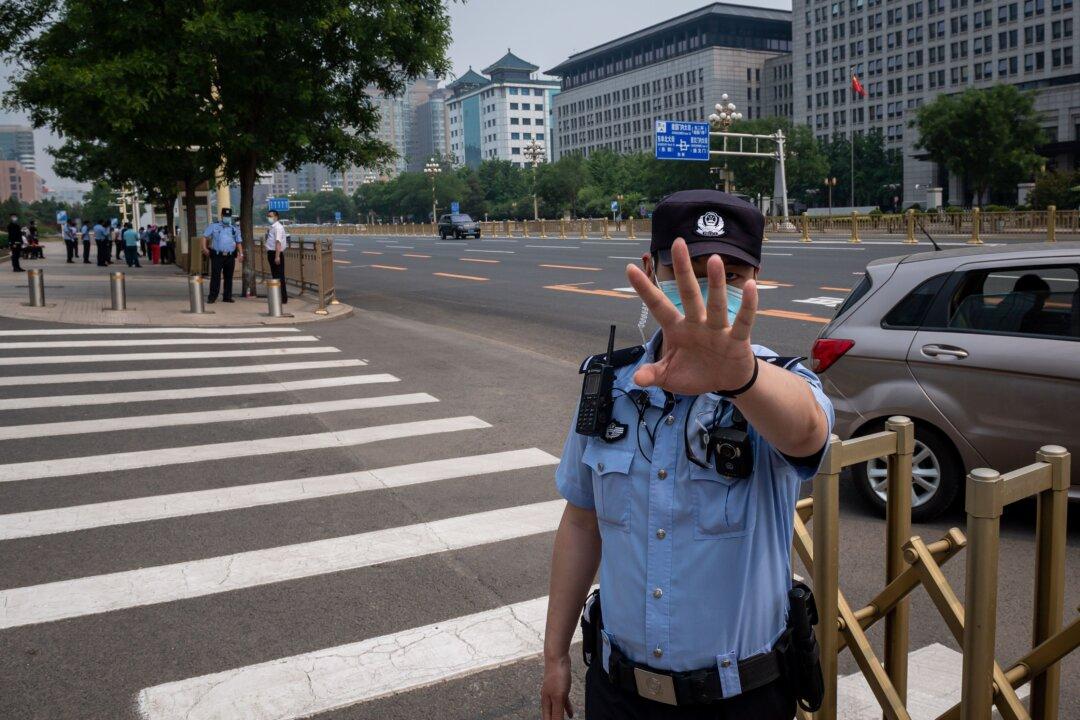China today ranks as one of the countries in the world with the very lowest levels of political freedom and freedom of expression, according to advocacy group Freedom House’s annual “Freedom in the World” report released on Feb. 24.
On a list of 210 countries and territories ranked according to freedom of speech, the right to political participation, and equality before the law, China achieved a score of just 9 out of a possible 100, and the designation “not free.”
China’s score is lower than that given to Sudan, which enjoys a 10, and Iran, a 14, and is the same given to such states as Libya, Myanmar, and Azerbaijan. Just over a dozen countries had lower scores, including Syria (1), Turkmenistan (2), North Korea (3), Eritrea (3), Equatorial Guinea (5), the Central African Republic (7), and Saudi Arabia (7).
Setting forth its reasons for China’s ranking, Freedom House said that Chinese Communist Party (CCP) rule has grown increasingly repressive in the last few years.
“The CCP continues to tighten control over all aspects of life and governance, including the state bureaucracy, the media, online speech, religious practice, universities, businesses, and civil society associations, and it has undermined an earlier series of rule-of-law reforms,” the report states.
The report singles out for particular criticism the conduct of leader Xi Jinping.
“The CCP leader and state president, Xi Jinping, has consolidated personal power to a degree not seen in China for decades,” it states. “Human rights lawyers and activists continue to speak out, though at great personal cost.”

Political Realities
Chinese citizens cannot run or vote in direct elections for national leadership spots, the report details. The CCP’s National Congress elects the Party ruler for terms of five years. All government and CCP policies and practices follow Xi Jinping’s dictates as leader and head of the seven-member Politburo Standing Committee. It is not surprising that Xi received a second five-year term as CCP general secretary at the 19th CCP congress in October 2017, and looks set to gain an unprecedented third term at the Party’s next National Congress in the fall of 2022.The CCP takes full advantage of this top-down autocratic structure to “monopolize” all political activity, as the report puts it, and to squelch any real competition. The eight small non-communist parties in the Chinese People’s Political Consultative Conference (CPPCC), a political advisory body to the CCP, must bow to CCP dictates if they wish to continue to exist.
“Citizens who have sought to establish genuinely independent political parties or advocated for democracy are nearly all in prison, under house arrest, or in exile,” the report states, noting that CCP officials in 2021 held pro-democracy lawyers and activists in detention.
Xu Zhiyong, founder of the New Citizens’ Movement, has been incarcerated since February 2020, under a formal indictment for “subversion,” the report notes.
In the report’s analysis, the absence of any kind of mechanism for organized political opposition within China has permitted the CCP to rule without interruption since defeating the Kuomintang nationalists in China’s civil war in 1949.
Freedom of Expression
Consistent with the autocratic and repressive character detailed above, China has what the report calls one of the most restrictive media realms on the planet.The CCP also maintains a highly sophisticated system for censoring and repressing news reporting. Its tools in upholding this system include oversight of the accreditation of journalists, direct ownership of media organizations, and the imposition of severe penalties on anyone who dares to criticize the CCP or its officials. The CCP also issues directives to publications and websites concerning how to cover breaking news stories.
Moreover, the CCP’s management of the infrastructure of telecommunications facilitates the blocking of websites, the confiscation of smartphone apps from the market, and the deletion of social media posts and user accounts, the report details. Victims of online blocking in recent years include YouTube, Twitter, Facebook, the New York Times, and the British Broadcasting Corporation.
The report cites figures from the Committee to Protect Journalists indicating that 50 journalists were in jail in China as of December, but is quick to stipulate that the actual number of people incarcerated for sharing information against the regime’s wishes is much higher.





